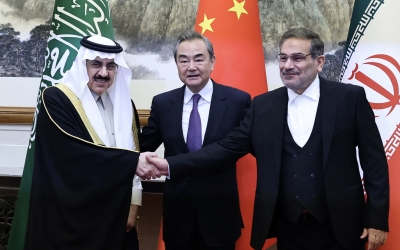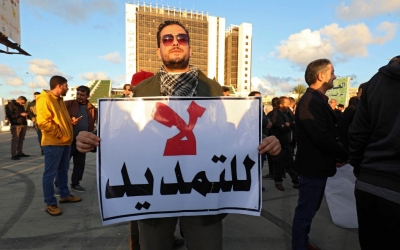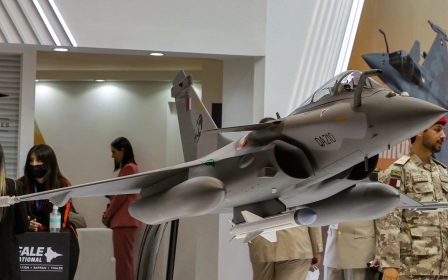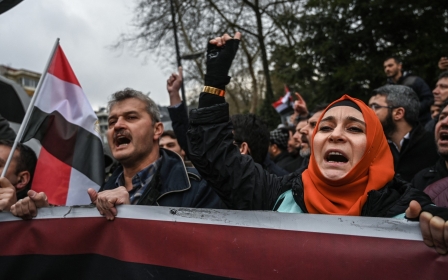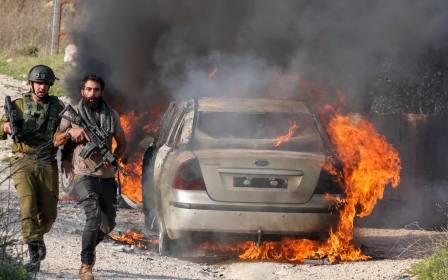Arabic press review: Egypt and Iran maintain contacts of ‘a special nature’
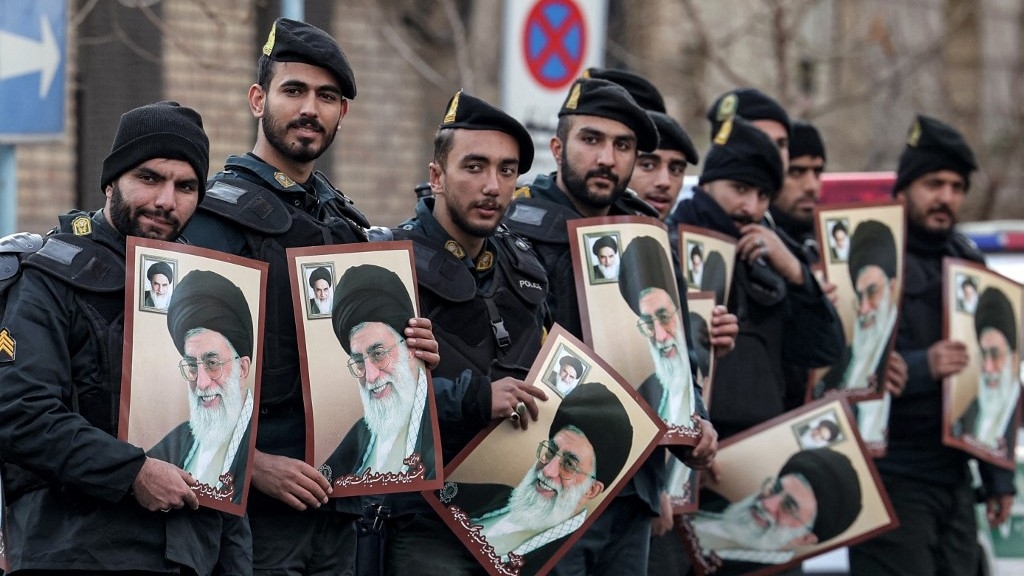
Egypt and Iran maintain contacts
An informed source in Cairo told the Saudi Asharq Al-Awsat newspaper on Tuesday that communication channels exist between Egypt and Iran, but in “circles of a special nature".
On Monday, Nasser Kanaani, spokesman for Iran’s foreign ministry, called for a resumption of diplomatic relations between the two, noting that "Egypt is an important country in the region”.
Kanaani's statements came days after Saudi Arabia and Iran announced that they had reached a Chinese-brokered agreement to resume diplomatic relations after years of tensions.
Kanaani said the Iranian foreign minister and Egyptian President Abdel Fattah el-Sisi had a “quick and positive” meeting during the Baghdad II Summit that Jordan hosted late last year.
New MEE newsletter: Jerusalem Dispatch
Sign up to get the latest insights and analysis on Israel-Palestine, alongside Turkey Unpacked and other MEE newsletters
An Egyptian source told Asharq Al-Awsat that there is “high-level appreciation from Iran to Egypt and its political leadership".
"There are no major points of divergence between the two sides except for Tehran's relationship with the Palestinian Hamas and Jihad movements, as well as taking into account the general Egyptian principle that rejects interference in the internal affairs of Arab countries," the source added.
Meanwhile, a former Egyptian foreign minister, Mohamed Orabi, told Asharq Al-Awsat that his country has for a long time had a chargé d'affaires with the rank of ambassador in Iran.
Orabi expressed his belief that "there is no strategic need at the current stage to accelerate steps in this regard”, while emphasising that “Iran is a country that plays a major role in the region."
Thousands displaced in Libya despite ceasefire
Tens of thousands of displaced Libyans are still calling on the authorities to return them to their home regions more than two years after a ceasefire agreement was struck in October 2020 between the conflicting parties, according to a report published by Al-Araby Al-Jadeed newspaper.
According to UN reports, only 10,000 out of a total of 159,000 displaced people within the country returned to their homes during the past year.
The vast majority of displaced Libyans come from areas that have witnessed violent conflict between the warring parties, such as Benghazi, Ajdabiya and Derna in the east, and Murzuq and Ubari in the south, in addition to smaller numbers of displaced people from areas in the south of the capital, Tripoli, which were subjected to a failed attack.
Ali bin Swara, who is currently living in the city of Sebha, told the newspaper: "The conditions of displacement forced me to live in a semi-house that was randomly built; if I could secure an alternative for my family, I would not live in it.”
He added that personnel from the Law Enforcement Department informed him of the need to leave this house due to orders issued by the public prosecutor, at the end of February, to remove all unlicensed homes in the area.
Successive Libyan governments, most recently the Government of National Unity, have declared their intention to start reconstruction in cities destroyed by wars and to launch reconstruction funds for major cities, such as Benghazi, Tripoli and Sirte.
Qatar grant for Palestinian town of Huwwara
The Emir of Qatar, Sheikh Tamim bin Hamad Al Thani, has given residents of the Palestinian town of Huwwara half a million dollars in compensation for the damage they suffered due to the Israeli settlers' attack last month, according to the New Khalij website.
On Sunday, the secretary of the executive committee of the Palestine Liberation Organization (PLO), Hussein Al-Sheikh, handed the Qatari grant to the municipality of Huwwara, which is south of Nablus.
The PLO said that "the amount will be allocated to compensate the families who were subjected to the crimes of the occupation and its settlers, and in the context of working to strengthen the steadfastness of the people of Huwwara".
The Huwwara municipality announced on its Facebook page that it had received the grant, and commended the support of the emir of Qatar and the Qatari prime minister.
On 26 February the town of Huwwara witnessed unprecedented attacks by Israeli settlers, which led to the death of a Palestinian, the wounding of dozens of others, and the burning and destruction of dozens of homes and cars, after two settlers were killed in a shooting near the town.
*Arabic press review is a digest of news reports not independently verified as accurate by Middle East Eye.
Middle East Eye delivers independent and unrivalled coverage and analysis of the Middle East, North Africa and beyond. To learn more about republishing this content and the associated fees, please fill out this form. More about MEE can be found here.


